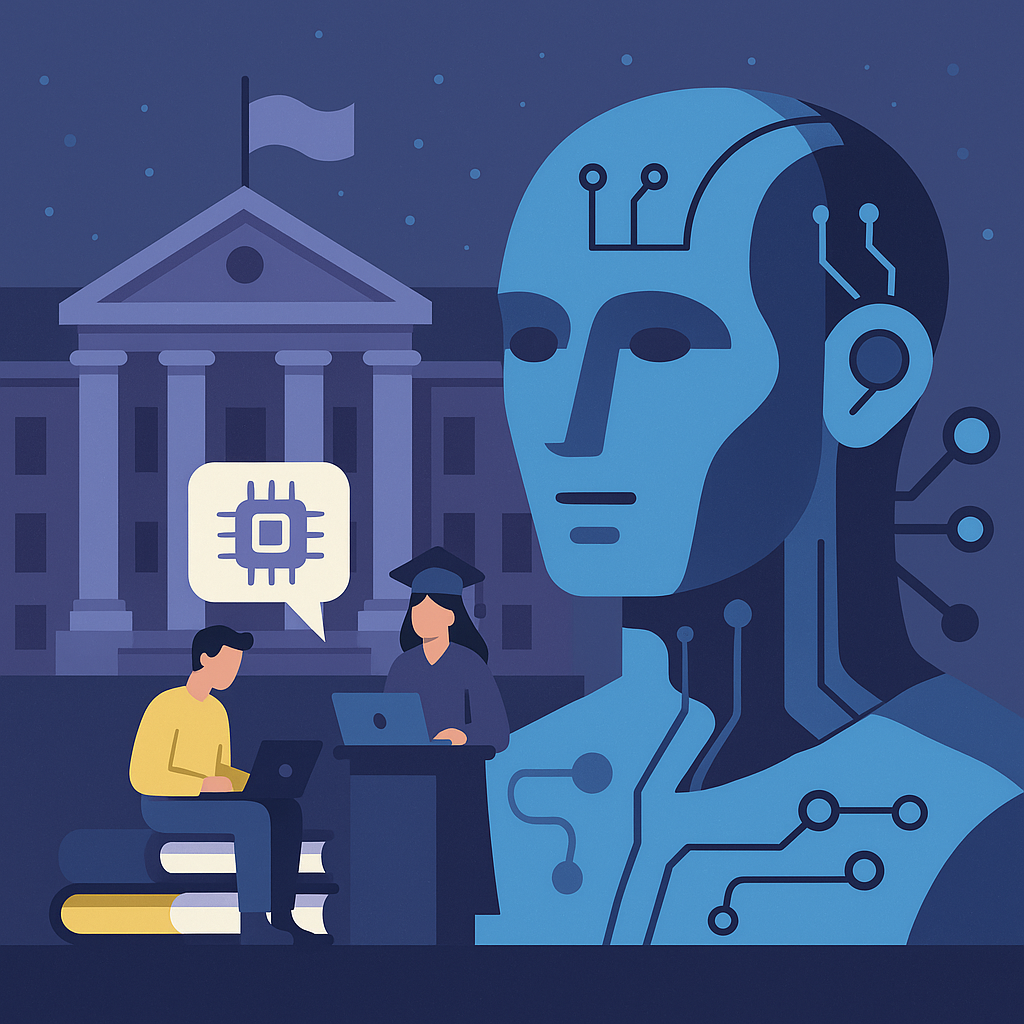
How AI is Transforming Universities: The Future of Learning and Research
Introduction
Artificial Intelligence (AI) is no longer a futuristic concept, it has become an integral part of modern education. Today, AI in universities is transforming how students learn, how professors teach, and how research is conducted. From personalized learning platforms to AI-driven administrative systems, the integration of artificial intelligence is setting a new standard for academic excellence.
AI in Teaching and Learning
One of the most powerful applications of AI in universities lies in personalized education. Intelligent systems can now analyze each student’s learning behavior, strengths, and weaknesses to tailor courses accordingly. Tools like adaptive learning platforms, virtual tutors, and automated grading systems allow educators to focus on critical thinking and creativity rather than repetitive tasks.
AI-powered chatbots are also helping students navigate academic life, answering questions about schedules, assignments, and university policies, making education more accessible and responsive than ever.
AI in Research and Innovation
Universities are the engines of discovery, and AI in universities is accelerating research like never before. Machine learning algorithms analyze massive datasets in fields such as genetics, neuroscience, and climate science, helping researchers generate insights that would otherwise take years to uncover.
Moreover, AI is revolutionizing scientific publishing and peer review by detecting plagiarism, evaluating citations, and predicting the impact of new studies, ensuring higher standards of academic integrity.
AI in Administration and Campus Management
Beyond the classroom, AI in universities streamlines operations. From predictive analytics that forecast student enrollment to facial recognition systems that enhance campus security, AI is making institutions more efficient and data-driven.
Smart scheduling tools can automatically assign classes based on student preferences and faculty availability, while AI-powered financial systems optimize resource allocation and reduce administrative overhead.
Challenges and Ethical Considerations
Despite its promise, the rise of AI in universities raises questions about data privacy, algorithmic bias, and the digital divide. It is essential for academic institutions to adopt ethical frameworks that ensure transparency, inclusivity and accountability.
Universities must balance innovation with responsibility, training both students and faculty to understand not just how AI works, but how it should be used ethically for the greater good.
Conclusion
The integration of AI in universities is reshaping higher education at every level, from teaching and research to administration and innovation. As institutions embrace this transformation, they must also uphold their human mission: to educate minds, foster creativity and prepare students for a future where technology and humanity coexist harmoniously.
Also read: Tylenol in Pregnancy and Autism Risk: Harvard Study Findings






